Daimler, BMW, and Volkswagen, the three major German automotive groups, have all released their financial results for 2019, and the current status and development trends of German brands have emerged.
Editor’s note: This article is from the WeChat public account “AutoR 智 驾” (ID: zhinengqiche) , Author Eli.
Today (March 17), the Volkswagen Group held an online media communication conference in 2020. The chairman of the Volkswagen Group Management Board Diss announced the company’s financial results for 2019, and the overall operation of last year. And future plans are presented.
At this point, the 2019 financial reports of the three German automobile groups, Daimler, BMW, and Volkswagen, have all been released, and the current status and development trends of German brands have emerged. The “BBA” dominated by the world’s auto market with fuel-fueled vehicles is fully opening up the investment and layout of electrification. The German auto industry, which is transitioning to meet EU emission standards, is suffering a self-revolution.
Among the German “Big Three”, Daimler Group was the first to release its 2019 financial report on February 11.
According to official information, Daimler Group ’s global sales of passenger cars and commercial vehicles in 2019 were 3.34 million units, which was basically the same as 2018 (sales volume was 3.35 million units); revenue was 172.7 billion euros, The year-on-year increase was 3%; the annual EBIT was 4.3 billion euros, which was 61.3% lower than the 11.1 billion euros in 2018; the adjusted EBIT was 10.3 billion euros.
However, Daimler Group ’s net profit fell to 2.7 billion euros from 7.6 billion euros last year, a drop of 64.5%. This is the biggest decline in the past ten years.
Net profit attributable to shareholders was € 2.4 billion (€ 7.2 billion in 2018), so earnings per share fell from € 6.78 in 2018 to € 2.22 now.
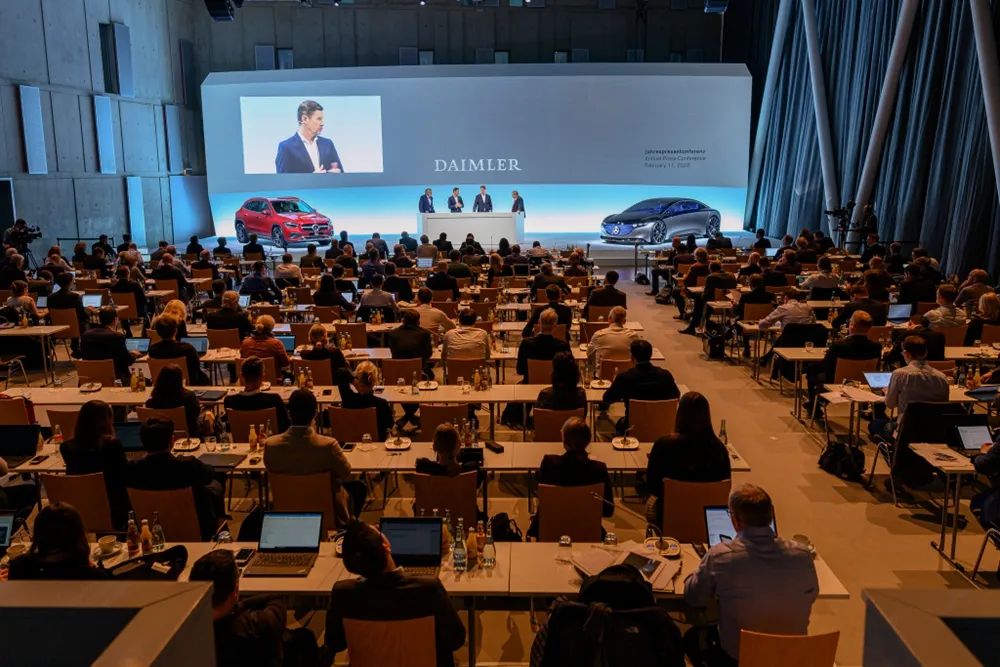
Due to the impact of diesel vehicle litigation and related legal affairs, the Daimler Group spent 4.2 billion euros, and the R & D expenditure also increased from 9.1 billion euros in 2018 to 9.7 billion euros. Müller Group’s spending continues to rise. At the same time, the group’s free cash flow was only 1.4 billion euros, a drop of 51%.
DaiUnder the Muller Group, Mercedes-Benz sold a total of 2,385,400 new cars in 2019, which was basically the same as 2,382,800 in 2018, and its revenue increased to 93.9 billion euros (2018: 93.1 billion euros); annual EBIT It was 3.359 billion euros (7,216 million euros in 2018), a decrease of 53%, and the return on sales fell to 3.6% (7.8% in 2018); adjusted EBIT was 5.841 billion euros, and the adjusted return on sales was 6.2% .
In addition, Daimler truck sales fell by 6% to 488,500 units, and revenue increased by 5% to 40.2 billion euros (38.3 billion euros in 2018); Mercedes-Benz light commercial vehicles (Mercedes -Benz Vans) sales rose 4% year-on-year to 438,400 units (421,400 units in 2018) and revenue increased 9% to 14.8 billion euros; annual sales of Daimler Buses increased 6% year-on-year to 32,600 units Revenue increased by 5% year-on-year to 4.7 billion euros.
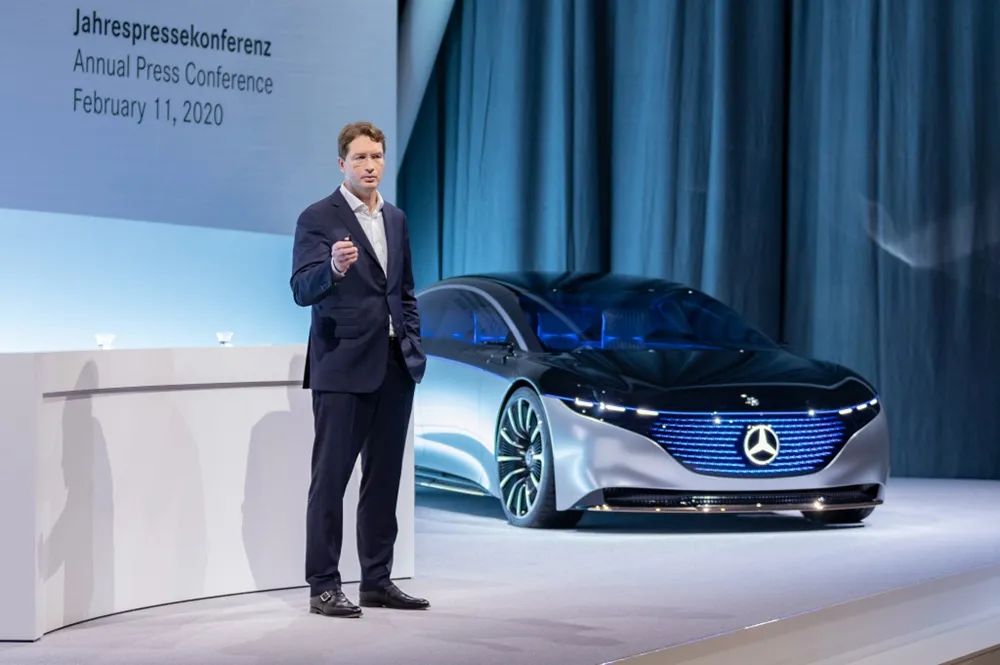
The Daimler travel business achieved a 3% growth in 2019, and revenue rose 9% year-on-year to 28.6 billion euros. This is mainly because Daimler Group and BMW Group merged travel business and coordinated resources. Integration finally turned things around.
At present, the Daimler Group is going through a period of change through open source and throttling. It has announced that it will reduce material and administrative costs by the end of 2022, and reduce personnel costs by more than 1.4 billion euros.
In terms of electrification, the first pure electric SUV will be launched in the fall of 2020, Mercedes-Benz EQA, and light commercial vehicles will also be launched. Mercedes-Benz EQV models are planned to be launched by 2020. The share of electrified models (including plug-in hybrids and pure electric vehicles) has tripled, and nine power battery factories will also begin to operate.
The start of 2020 has become uncontrollable due to the epidemic situation. Daimler expects that the sales volume of the group this year will be slightly lower than the same period last year, and the revenue will be flat with 2019.
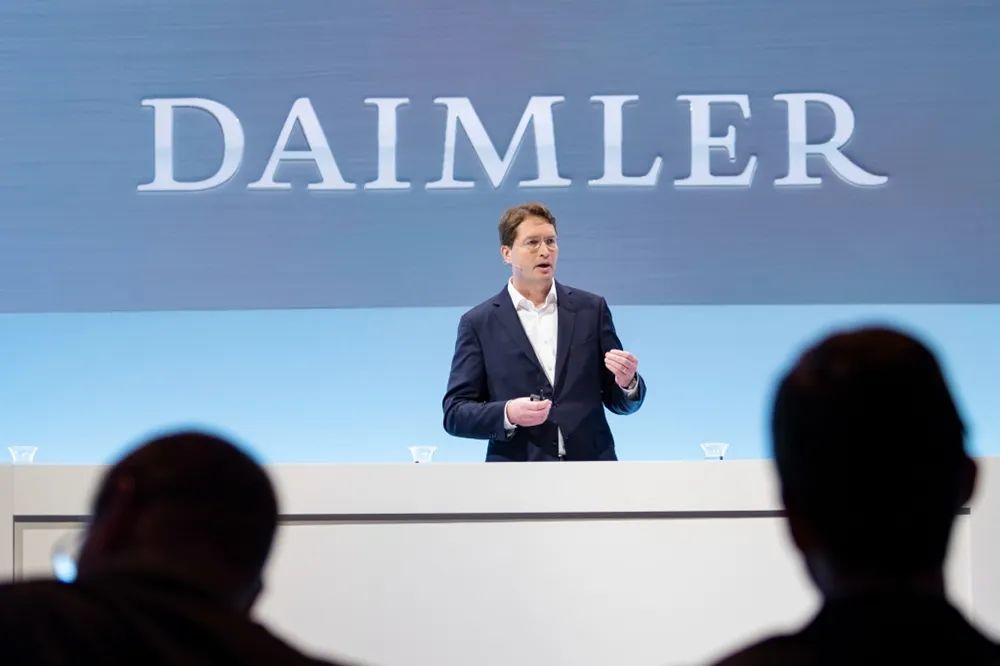
For the performance in 2019 and the outlook for 2020, Kang Linsong, chairman of the board of directors of Daimler AG and Mercedes-Benz AG, said: “The results show that customers still have strong demand for products, but we are The profit performance in 2019 is not satisfactory. Daimler needs to significantly improve its profitability. At the same time, it is necessary for the Group to take measures to reduce costs and increase cash flow, laying the foundation for future strategies. “
The BMW Group’s total sales in 2019 were 2.53 million units, but a slight increase of 2.2% compared to 2018. For the full year, EBIT was 7,411 million euros and net profit was 5,022 million euros.
This brings the BMW Group’s turnover to 104.21 billion euros, an increase of 7.6% over the 97.48 billion euros in 2018.
This is the first time that the BMW Group ’s total annual revenue has exceeded 100 billion euros. It has therefore become the company with the largest revenue growth among the three major German car companies.
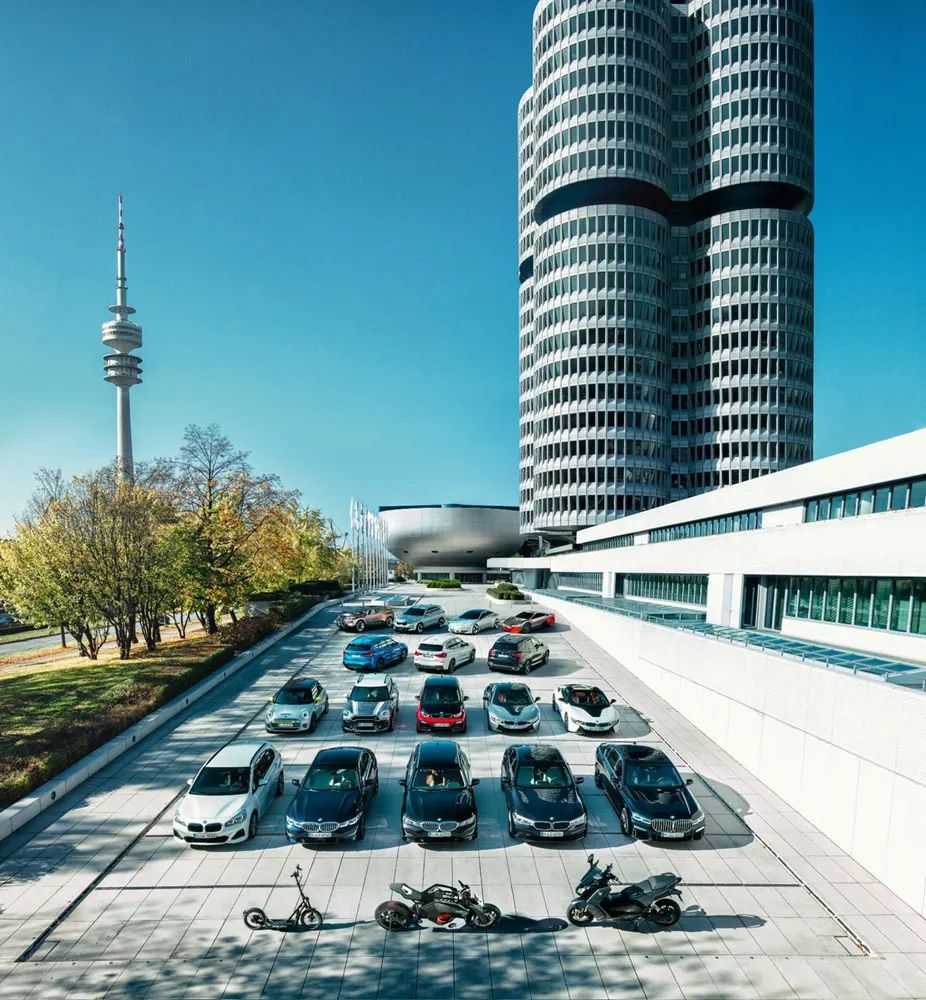
It is worth emphasizing that in the first quarter of 2019, the BMW Group also spent 1.4 billion euros in response to provisions for antitrust litigation in the European Union. However, it was not easy to achieve a revenue breakthrough in the context of the continued decline of the auto market. .
In 2019, the BMW brand delivered 2,185,793 vehicles to customers worldwide, an increase of 3.3% year-on-year. Among them, sales of large luxury vehicles such as the BMW 8 Series and BMW X7 increased significantly, with an overall increase of about 75%, with sales exceeding 100,000 units; sales of new energy vehicles also increased, with sales of more than 145,000 vehicles throughout the year.
The MINI brand sold 347,474 units in 2019, and the Rolls-Royce brand achieved a record high in 100 years. A total of 5,100 units were delivered worldwide, a year-on-year increase of 21.6%.
In addition, the BMW Group’s motorcycle business revenue was 2.368 billion euros, an increase of 9% year-on-year, and a total of 175,162 motorcycles were delivered. Revenue from BMW’s financial services business was EUR 29.598 billion, an increase of 6.8%, and profit before tax reached EUR 2.272 billion, an increase of 6% over the same period last year.
Overall, the BMW Group is better off than Daimler.
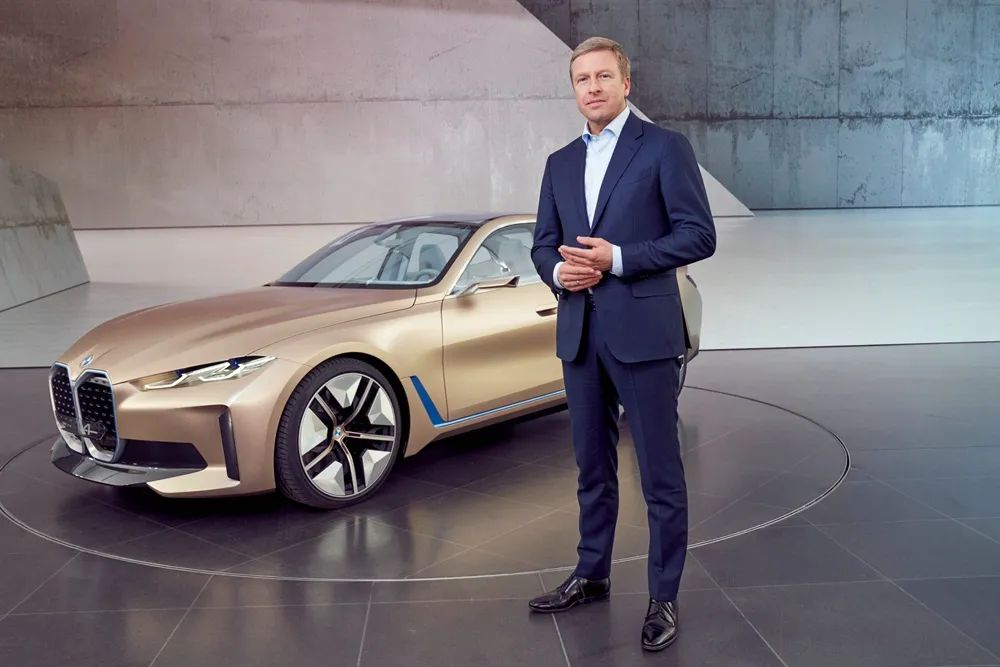
The chairman of the BMW Group, Zipzer said, “In the challenging year of 2019, our profitability has gradually improved in each quarter, which confirms the correctness of our product strategy and the effective results of the company’s strategy. In the future, BMW The Group will comprehensively promote the electrification strategy and product line expansion. In 2021, 25% of European sales will be new energy models, over 20% in 2025, and 50% by 2030.
According to the plan, five pure electric models will be provided by 2021. BMW iNEXT will also be produced at the Dingolfing plant in Germany and BMW i4 will be produced at the Munich plant. By 2023, the new energy vehicle product line will be expanded to 25 models, half of which It is a pure electric vehicle.
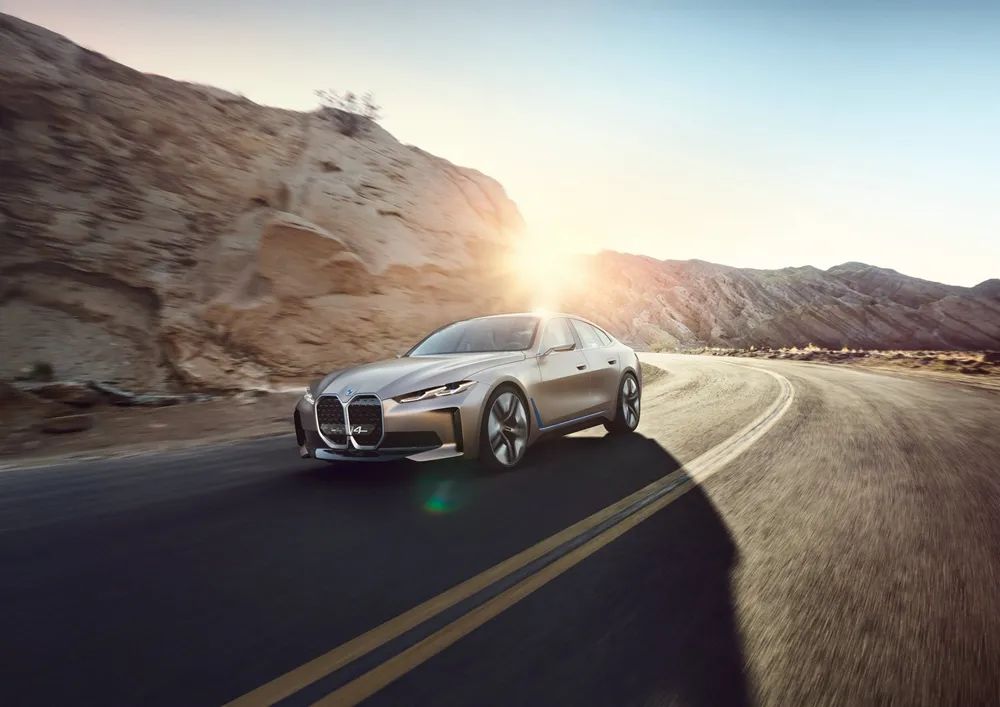
The BMW Group is expected to double its sales of new energy vehicles within two years. That is, by the end of 2021, one million new energy vehicles will be delivered to customers worldwide.
Volkswagen Group today held an online press conference and released its 2019 financial report.
The chairman of the Volkswagen Group’s management board, Diss, said at the beginning: “2019 is a very successful year for the Volkswagen Group, laying an important foundation for comprehensive change. Skoda, Seat, Bentley, Porsche, Scania The sales revenue and operating profit of Asia and Mann have both improved, and Audi has achieved a higher return on operating sales. Volkswagen’s financial services sales revenue has increased significantly, and operating profit has reached a record high.
According to the information just released, Volkswagen’s sales revenue in 2019 was 88.4 billion euros, an increase of 4.5% year-on-year. Operating profit before special item expenditures increased to 3.8 billion euros (3.2 billion euros in fiscal year 2019), and operating return on sales rose to 4.3% (3.8% in fiscal year 2018).
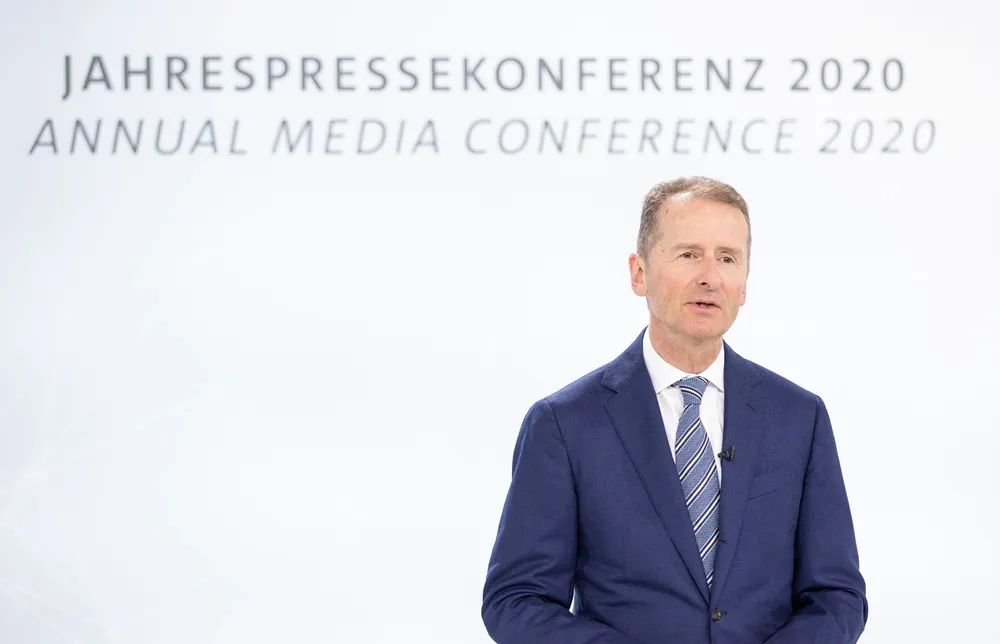
However, the Volkswagen Group also has additional expenditures, and its diesel engine emissions incident caused a special project expenditure of 1.9 billion euros.
Under the Volkswagen Group, the Audi brand’s sales revenue in 2019 was 55.7 billion euros, a significant decline from the 59.2 billion euros in fiscal 2018.
In this regard, Volkswagen Group said that the main reason for the decline was the impact of the adjustment of the resource structure of the group’s multi-brand sales company. The positive impact of product mix and product cost optimization offset the negative impact of iterative new and old vehicle models, increased up-front costs for new products and technologies, adverse exchange rate factors, and rising staff costs.
But official data show that the key financial indicators of the two brands, Lamborghini and Ducati, have been included in the financial data of the Audi brand, and their sales of 55.7 billion euros also include the results of Lamborghini and Ducati. If only in terms of Audi brand, the decline in performance is even more obvious.
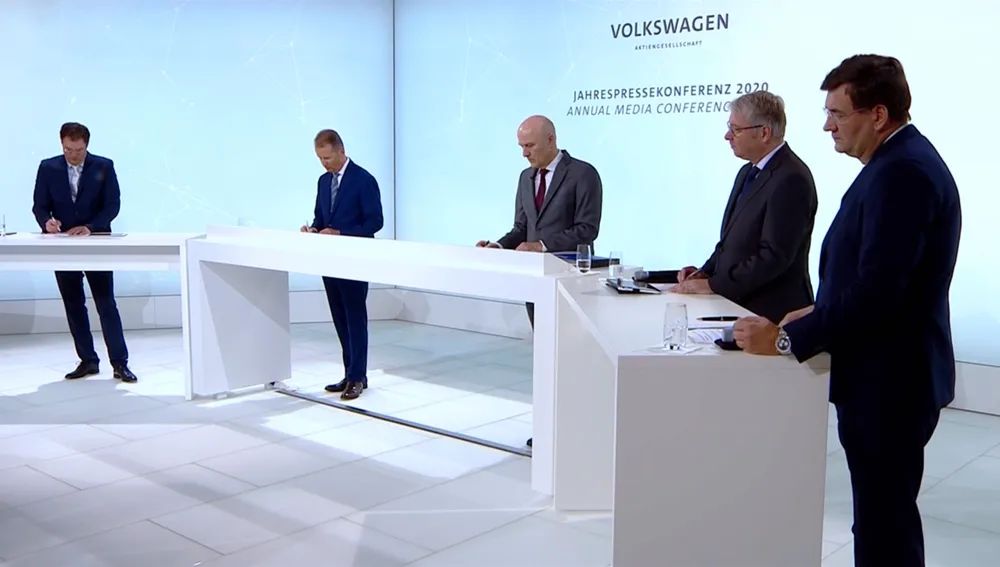
The sales revenue of the Skoda brand in 2019 increased by 14.5% to 19.8 billion euros, operating profit increased by 300 million euros to 1.7 billion euros, and the operating sales return was 8.4% (previous year was 8%).
The Seat brand’s sales revenue was 11.5 billion euros, a year-on-year increase of 12.7%, operating profit increased to 445 million euros (previous year: 254 million euros), and operating return on sales increased to 3.9% (2.5% in fiscal 2018 %).
The sales revenue of the Bentley brand was 2.1 billion euros, a year-on-year increase of 35.1%. Operating profit also increased to 65 million euros (previous year: -288 million euros), and the operating sales return increased to 3.1% (previous year: -18.6%). .
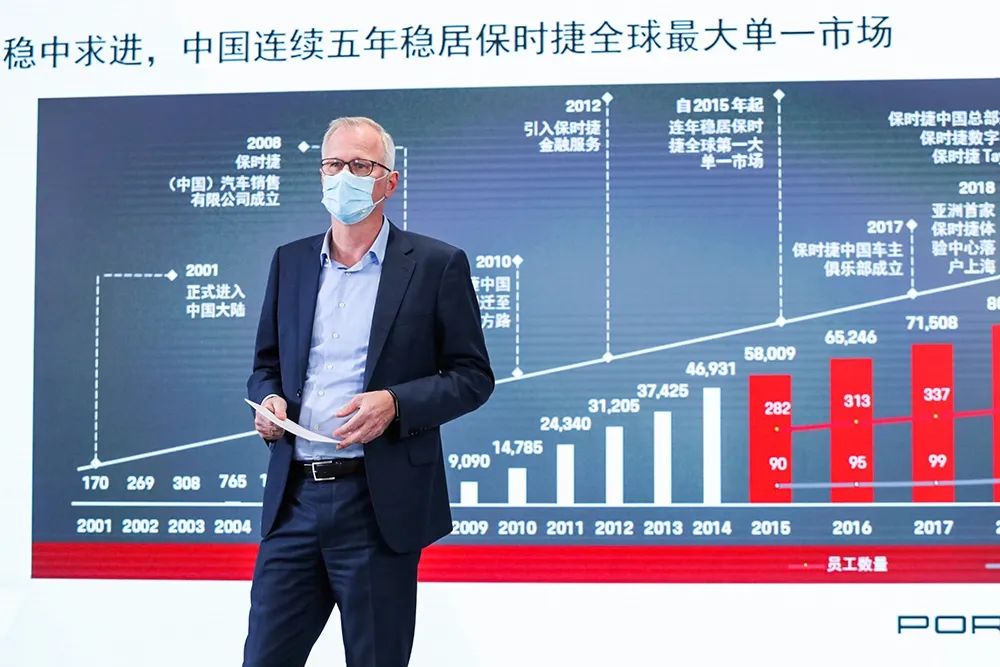
Porsche sales increaseTo 26.1 billion euros, an increase of 10.1%, operating profit before special item expenditures increased 2.4% year-on-year to 4.2 billion euros.
Volkswagen’s commercial vehicle sales revenue was 11.5 billion euros, which was basically the same as last year. Operating profit was reduced to 510 million euros (previous year was 780 million euros). Operating sales return was 4.4% (previous year was 6.6%).
Scania products and services achieved sales of 13.9 billion euros (13 billion euros last year), operating profit increased by 24.8% to 1.5 billion euros, and operating sales returned 10.8% (compared to 9.3% last year) .
Mann’s commercial vehicle sales revenue increased by 4.6% year-on-year to 12.7 billion euros, operating profit rose to 402 million euros (previous year: 332 million euros), and operating sales returned 3.2% (previous year: 2.7%).
Volkswagen Financial Services achieved sales revenue of 38 billion euros, an increase of 15.8% year-on-year, and operating profit increased 13.3% to 3 billion euros, which also hit a record high.
It can be seen that all the businesses of Volkswagen Group except Audi and Volkswagen Commercial Vehicles have achieved growth. For the largest car company in Europe, it is worth celebrating that it can achieve this performance under the dual pressures of corporate transformation and the decline of the auto market.
But at this particular stage of the epidemic, Volkswagen Group’s 2020 is also full of uncertainty.
Dise said at the press conference today: “Under the epidemic, the Volkswagen Group will face a significant decline in market demand and uncertainty in parts supply. Some factories in Spain, Portugal and Slovakia will face production interruptions. Possibly, branches in Germany and other European countries are also preparing to stop production for two to three weeks starting next Monday. “
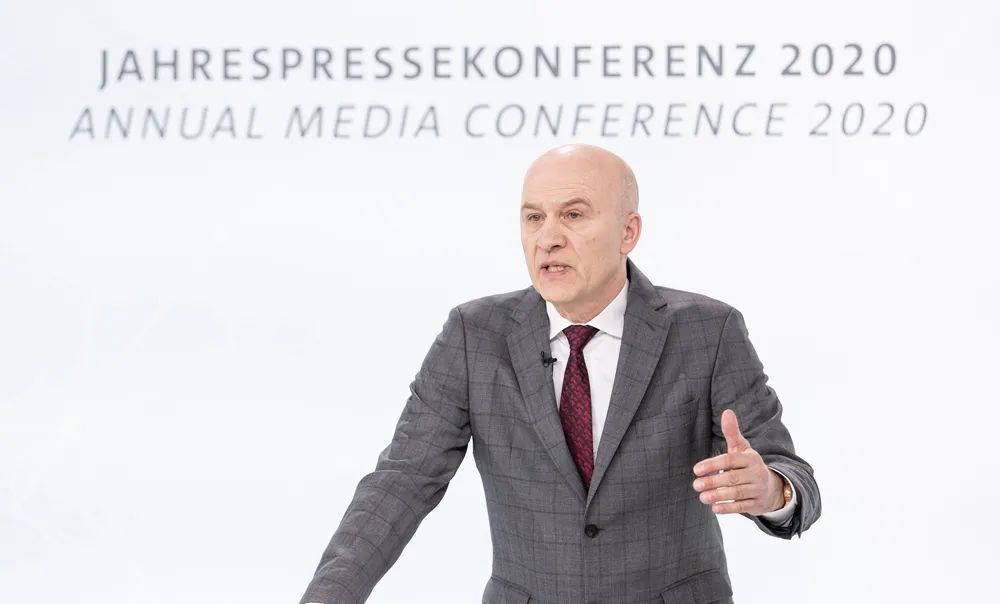
Frank Witter, member of the Volkswagen Group’s management board and head of finance and IT, also said today: “The new crown pneumonia epidemic is having an impact on the global economy. The extent and duration of the impact on the Volkswagen Group cannot be determined for the time being. Therefore, For the time being, we cannot give a clear forecast for 2020. The Group has set up a special working group to support the employees and their families through various measures, while ensuring that the Group’s business can be carried out steadily.
Daimler, BMW, and Volkswagen are the pillars of the German automotive industry, and they also occupy half of the global automotive industry. The “three giants” have comprehensive strength, butThe great cause, they also carry more heavy transformational burdens.
In the downward car market in 2019, they have gains and losses; in the unfavorable start of 2020, they will also face unprecedented challenges.
At present, the most urgent thing is that the epidemic is spreading rapidly in Europe. There are many factories, employees and suppliers in large car companies. The impact will be wider in the future, and production and work stoppage will be inevitable.
Next, the three giants will face two of the biggest challenges, one is how to minimize losses in the epidemic, and the other is how to grab the market as quickly as possible after the epidemic.